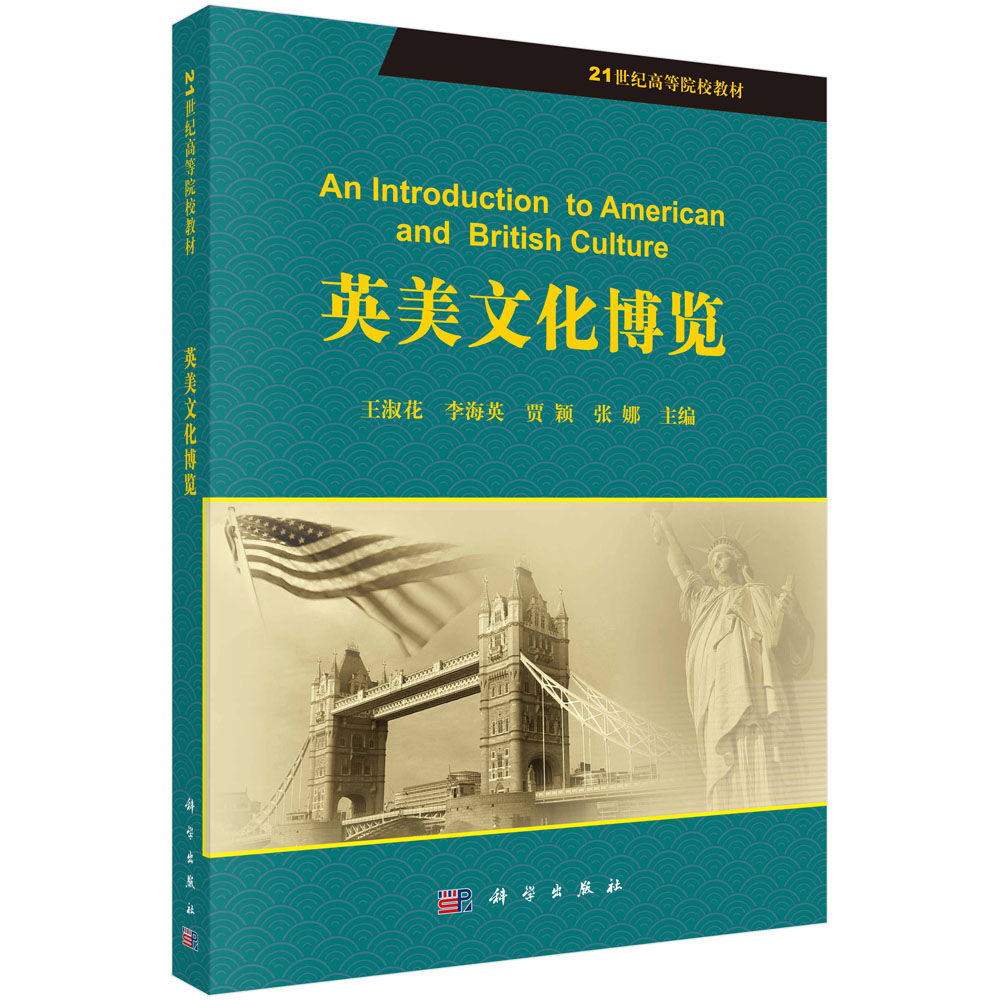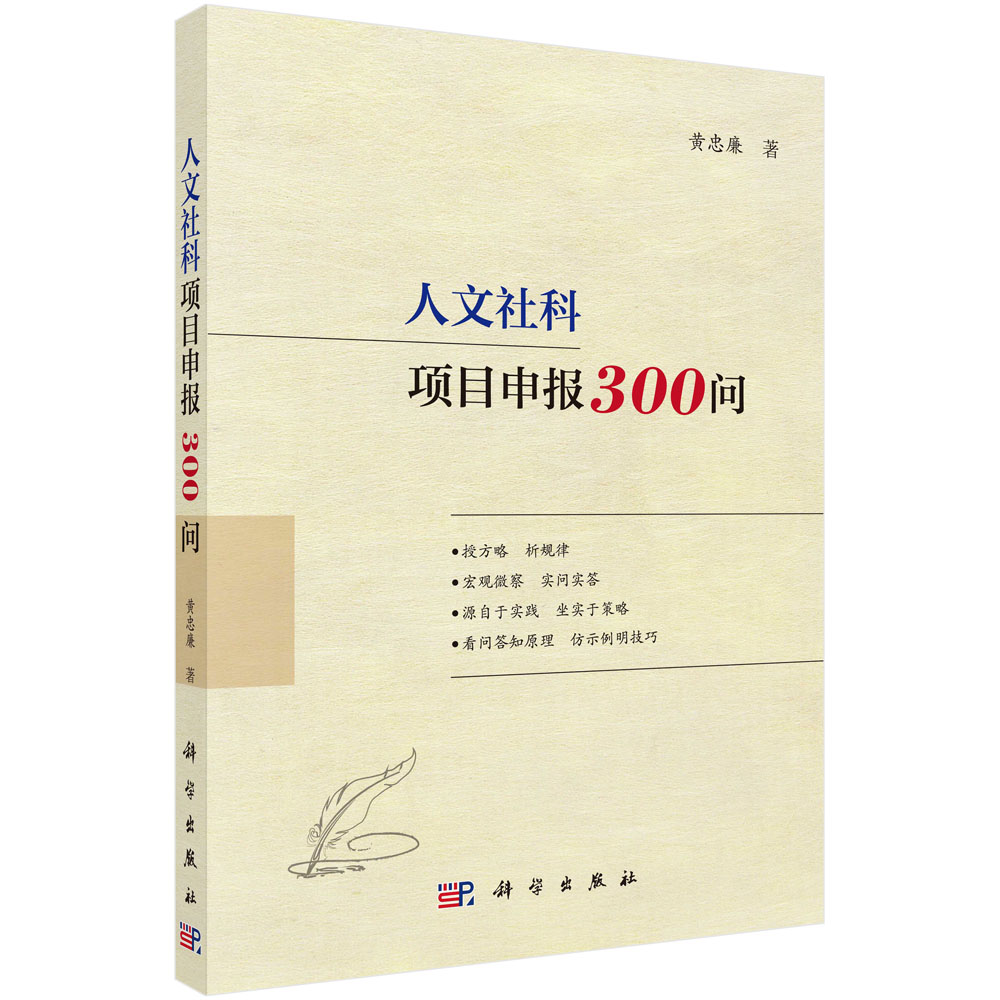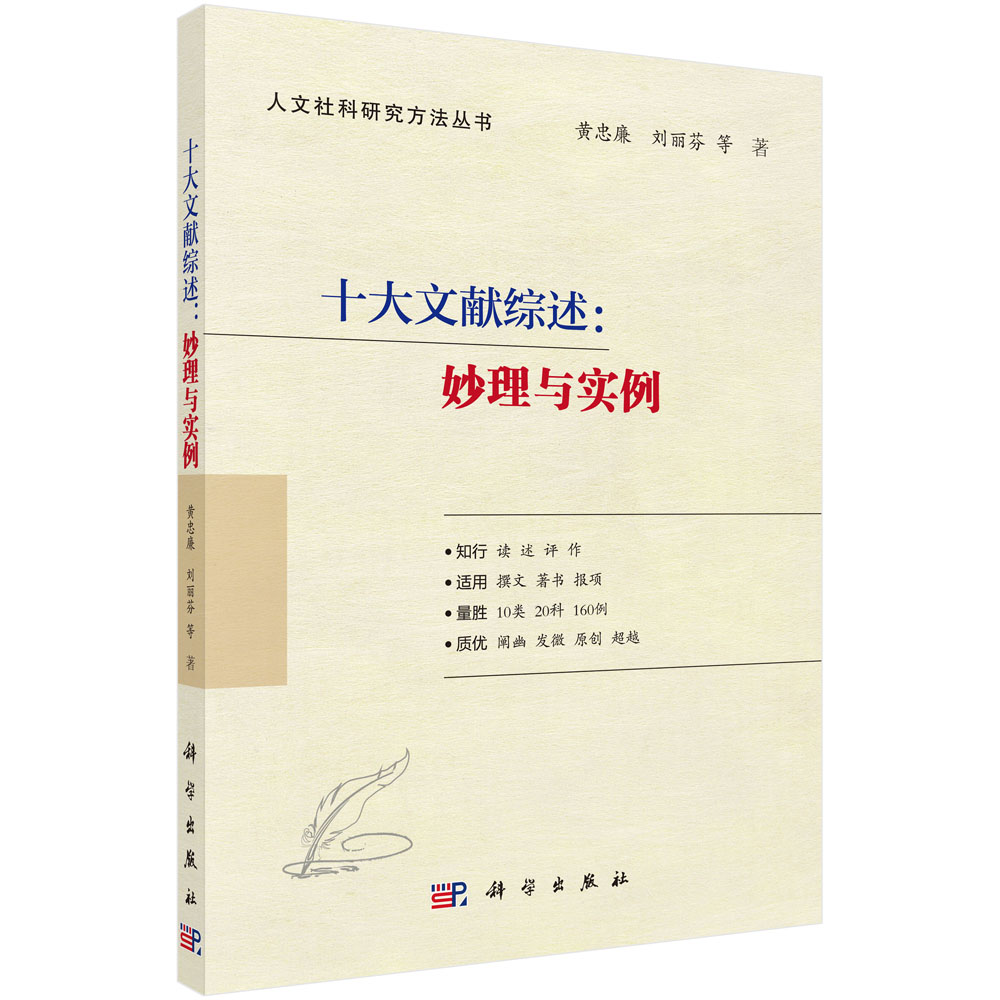“精要速览系列”(InstantNotesSeries)丛书是国外教材“Bestseller”榜的上榜教材。该系列丛书结构新颖,视角独特;重点突出,脉络分明;图表清晰,英文自然易懂,被国内许多所重点院校选作双语教材。
分子生物学第四版是在第三版的基破上修订而成的。全书共分19章,分别是:信息大分子,核酸的性质,原核与真核生物的染色体结构,DNA复制,DNA损伤、修复与重组,原核生物的转录,原核生物的转录调控,真核生物的转录,真核生物的转录调控,RNA加工与核糖核蛋白复合体,遗传密码与tRNA,蛋白质合成,噬菌体与真核生物病毒,细胞周期与癌症,基因操作技术,克隆载体,基因文库与筛选,克隆DNA的分析与应用,功能基因组学及其新技术。
样章试读
目录
- 目录
第四版前言
缩略词
A 信息大分子 1
A1 信息加工与分子生物学 1
A2 核酸结构与功能 1
A3 蛋白质结构与功能 2
A4 大分子组装 4
A5 蛋白质分析方法 4
B 核酸的性质 38
B1 核酸的理化特性 38
B2 核酸的光谱学和热力学特性 38
B3 DNA超螺旋 39
C 原核与真核生物的染色体结构 52
C1 原核生物的染色体结构 52
C2 染色质结构 52
C3 真核生物的染色体结构 53
C4 基因组复杂度 54
D DNA复制 75
D1 DNA复制概述 75
D2 细菌的DNA复制 75
D3 真核生物的DNA复制 76
E DNA损伤、修复与重组 91
E1 DNA损伤 91
E2 诱变 91
E3 DNA修复 92
E4 重组与易位 93
F 原核生物的转录 112
F1 转录的基本原理 112
F2 大肠杆菌RNA聚合酶 112
F3 大肠杆菌σ70启动子 113
F4 转录的起始、延伸与终止 113
G 原核生物的转录调控 129
G1 乳糖操纵子 129
G2 色氨酸操纵子 129
G3 不同σ因子和非编码RNA对转录的调控 130
H 真核生物的转录 145
H1 三种RNA聚合酶:特性及其功能 145
H2 RNA聚合酶Ⅰ基因:核糖体重复 145
H3 RNA聚合酶Ⅲ基因:5S基因与tRNA基因的转录 146
H4 RNA聚合酶Ⅱ基因:启动子与增强子 147
H5 通用转录因子与RNA聚合酶Ⅱ的起始 148
I 真核生物的转录调控 167
I1 真核生物的转录因子 167
I2 转录调控案例 168
J RNA加工与核糖核蛋白复合体 183
J1 rRNA加工与核糖体 183
J2 tRNA及其他小RNA的加工 184
J3 mRNA加工、hnRNP和snRNP 185
J4 可变mRNA加工 186
K 遗传密码与tRNA 209
K1 遗传密码 209
K2 tRNA结构与功能 210
L 蛋白质合成 223
L1 蛋白质合成概述 223
L2 蛋白质合成机制 223
L3 真核生物蛋白质合成的起始 224
L4 翻译调控与翻译后加工 225
M 噬菌体与真核生物病毒 249
M1 病毒简介 249
M2 噬菌体 249
M3 DNA病毒 250
M4 RNA病毒 250
N 细胞周期与癌症 268
N1 细胞周期 268
N2 癌基因 269
N3 肿瘤抑制基因 269
N4 凋亡 270
O 基因操作技术 289
O1 DNA克隆概述 289
O2 质粒DNA的制备 289
O3 限制性酶与电泳 290
O4 连接、转化与重组子分析 290
P 克隆载体 313
P1 质粒载体的设计 313
P2 噬菌体载体、黏粒、YAC及BAC 313
P3 真核生物载体 314
Q 基因文库与筛选 334
Q1 基因组文库 334
Q2 cDNA文库 334
Q3 筛选流程 335
R 克隆DNA的分析与应用 346
R1 克隆的鉴定 346
R2 核酸测序 346
R3 聚合酶链反应 347
R4 克隆基因的分析 348
R5 克隆基因的诱变 349
S 功能基因组学及其新技术 374
S1 组学概述 374
S2 基因表达的整体分析 374
S3 蛋白质组学 375
S4 细胞与分子成像 376
S5 基因转移与干细胞技术 377
S6 生物信息学 377
S7 系统与合成生物学 378
进一步阅读文献 419
Contents
Preface to the fourth edition
Section A – Informational macromolecules
A1 Information processing and molecular biology 6
A2 Nucleic acid structure and function 9
A3 Protein structure and function 17
A4 Macromolecular assemblies 27
A5 Analysis of proteins 31
Section B – Properties of nucleic acids
B1 Chemical and physical properties of nucleic acids 40
B2 Spectroscopic and thermal properties of nucleic acids 44
B3 DNA supercoiling 47
Section C – Prokaryotic and eukaryotic chromosome structure
C1 Prokaryotic chromosome structure 56
C2 Chromatin structure 59
C3 Eukaryotic chromosome structure 64
C4 Genome complexity 70
Section D – DNA replication
D1 DNA replication: an overview 77
D2 Bacterial DNA replication 82
D3 Eukaryotic DNA replication 87
Section E – DNA damage, repair, and recombination
E1 DNA damage 94
E2 Mutagenesis 98
E3 DNA repair 102
E4 Recombination and transposition 107
Section F – Transcription in bacteria
F1 Basic principles of transcription 115
F2 Escherichia coli RNA polymerase 118
F3 The E. coli δ70 promoter 121
F4 Transcription initiation, elongation, and termination 124
Section G – Regulation of transcription in bacteria
G1 The lac operon 132
G2 The trp operon 136
G3 Transcriptional regulation by alternative δ factors and RNA 141
Section H – Transcription in eukaryotes
H1 The three RNA polymerases: characterization and function 149
H2 RNA Pol I genes: the ribosomal repeat 152
H3 RNA Pol III genes: 5S and tRNA transcription 156
H4 RNA Pol II genes: promoters and enhancers 160
H5 General transcription factors and RNA Pol II initiation 163
Section I – Regulation of transcription in eukaryotes
I1 Eukaryotic transcription factors 170
I2 Examples of transcriptional regulation 177
Section J – RNA processing and RNPs
J1 rRNA processing and ribosomes 187
J2 tRNA and other small RNA processing 193
J3 mRNA processing, hnRNPs, and snRNPs 197
J4 Alternative mRNA processing 204
Section K – The genetic code and tRNA
K1 The genetic code 211
K2 tRNA structure and function 216
Section L – Protein synthesis
L1 Aspects of protein synthesis 227
L2 Mechanism of protein synthesis 231
L3 Initiation in eukaryotes 238
L4 Translational control and post-translational events 243
Section M – Bacteriophages and eukaryotic viruses
M1 Introduction to viruses 252
M2 Bacteriophages 255
M3 DNA viruses 260
M4 RNA viruses 264
Section N – Cell cycle and cancer
N1 The cell cycle 271
N2 Oncogenes 276
N3 Tumor suppressor genes 281
N4 Apoptosis 285
Section O – Gene manipulation
O1 DNA cloning: an overview 292
O2 Preparation of plasmid DNA 297
O3 Restriction enzymes and electrophoresis 301
O4 Ligation, transformation, and analysis of recombinants 306
Section P – Cloning vectors
P1 Design of plasmid vectors 316
P2 Bacteriophages, cosmids, YACs, and BACs 321
P3 Eukaryotic vectors 329
Section Q – Gene libraries and screening
Q1 Genomic libraries 336
Q2 cDNA libraries 339
Q3 Screening procedures 343
Section R – Analysis and uses of cloned DNA
R1 Characterization of clones 350
R2 Nucleic acid sequencing 354
R3 Polymerase chain reaction 360
R4 Analysis of cloned genes 366
R5 Mutagenesis of cloned genes 370
Section S – Functional genomics and the new technologies
S1 Introduction to the ’omics 380
S2 Global gene expression analysis 384
S3 Proteomics 391
S4 Cell and molecular imaging 396
S5 Transgenics and stem cell technology 400
S6 Bioinformatics 404
S7 Systems and synthetic biology 413
Further reading 419






























